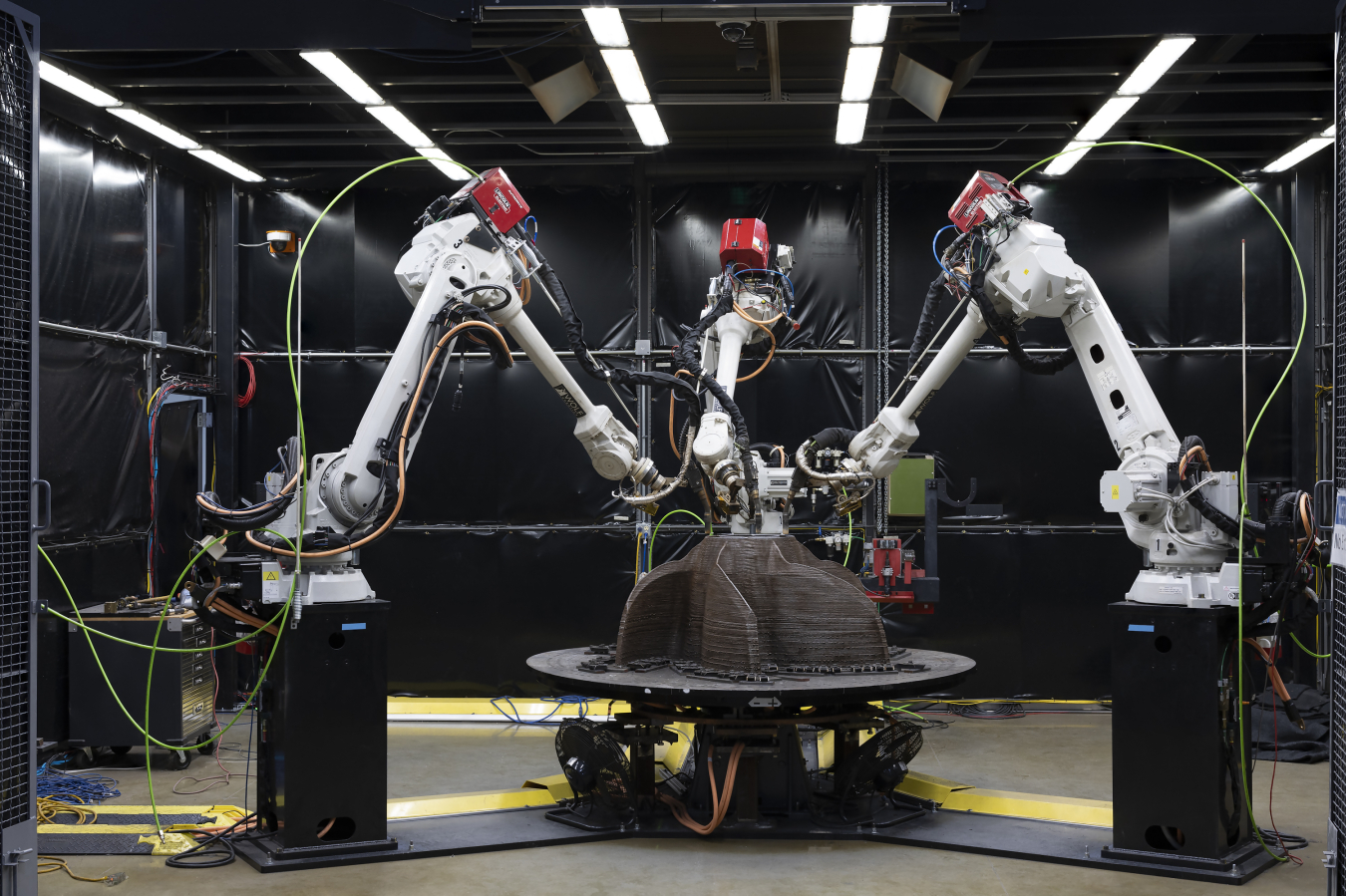Highlights
-
Learn more about the stakeholder engagement strategies, scenario modeling, and energy justice principles that DOE used in the PR100 study.
-
DOE modeled three possible pathways for Puerto Rico to achieve its renewable energy goals, including concrete actions stakeholders can take to make the system more reliable, renewable, and equitable.
-
Supporting Puerto Rico's Energy Transition
Frequent extreme weather events and other natural hazards, record-setting power outages, reliance on expensive imported fuel, and high energy costs have posed significant challenges to Puerto Rico's electric grid and the residents it serves.
In 2019, the Legislative Assembly of Puerto Rico passed the Puerto Rico Energy Public Policy Act (Act 17), which created a commitment to meeting Puerto Rico's electricity needs with 100% renewable energy by 2050, along with interim goals to achieve that outcome. With $20 billion in committed federal funding through the Federal Emergency Management Agency, the U.S. Department of Housing and Urban Development, and other agencies, the question is where and how to invest it while accommodating Puerto Rico's priorities and critical energy needs.
The PR100 study offers three possible pathways to a 100% renewable energy future, all of which reflect researchers' extensive interaction with local stakeholders holding diverse perspectives. These pathways illustrate a future energy system that is resilient for Puerto Rico's most remote communities, aligns with stakeholders' visions for land use interests, and enables distributed and local ownership of energy generation.
The PR100 study provides an unprecedented view of potential pathways to a renewable energy future in Puerto Rico. Led by the U.S. Department of Energy's Grid Deployment Office with funding from the Federal Emergency Management Agency, the PR100 study leveraged and integrated dozens of best-in-class models and in-depth analyses from researchers across six national laboratories: National Renewable Energy Laboratory (which led the study), along with Argonne National Laboratory, Lawrence Berkeley National Laboratory, Oak Ridge National Laboratory, Pacific Northwest National Laboratory, and Sandia National Laboratories.
Supporting Puerto Rico's Renewable Energy Transition
Puerto Rico has committed to 100% renewable energy by 2050—and the Puerto Rico Grid Resilience and Transition to 100% Renewable Energy Study (PR100) results can help them get there. Led by the U.S. Department of Energy’s Grid Deployment Office and funded by the Federal Emergency Management Agency, PR100 was a two-year effort resulting in stakeholder-driven pathways for Puerto Rico to meet its renewable energy goals. World-class analysis was performed by the National Renewable Energy Laboratory with Argonne National Laboratory, Lawrence Berkeley National Laboratory, Oak Ridge National Laboratory, Pacific Northwest National Laboratory, and Sandia National Laboratories.
Press Releases
From Our Blogs
-

- Advanced Manufacturing Processes
- American Manufacturing
- Critical Materials and Minerals
- National Labs
- PR100
August 22, 2024 -
- National Labs
- Fossil
- Carbon Capture
- PR100
- Next-Generation Energy Technologies
November 4, 2019 -
- Electric Grids
- National Labs
- PR100
- Energy Storage
November 29, 2018 -
- Careers
- Nuclear Security
- National Labs
- International Award Winners
- PR100
December 7, 2015

